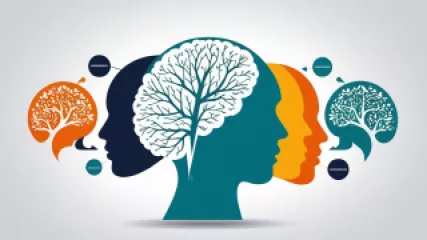Exploring Alternative Therapies for Mental Health: A Research Summary
1 year ago
Alternative Therapies
Overcoming Depression: My Personal Journey to Healing
1 year ago
Depression Self Help Tips
My Journey with Chronic Illness: Finding Support and Resilience
1 year ago
Coping with Chronic Illness
How Can Online Therapy Improve Relationship Health?
1 year ago
Relationship Health
The Ultimate Guide to Performing an Effective Mental Health Check
1 year ago
Mental Health Check
How Can School Counselors Support Distance Learning for Educators?
1 year ago
School Counseling
From Criticism to Confidence: My Journey to Improve Communication Skills
1 year ago
Handling Criticism
Enhancing Patient Satisfaction: Research-Backed Strategies for Cultivating Stronger Patient Relationships
1 year ago
Cultivating Patient Relationships
Step-by-Step Guide to Resolving Cognitive Dissonance
1 year ago
Cognitive Dissonance
10 Best Mindfulness Practices to Enhance Your Well-Being
1 year ago
Mindfulness
Managing Bipolar Disorder: A Step-by-Step Guide
1 year ago
Bipolar Disorder
7 Memory Enhancement Strategies That Actually Work
1 year ago
Improving Memory Techniques
My Journey to Understanding Emotions
1 year ago
Understanding Emotions
How to Incorporate Sustainable Practices into Your Daily Life
1 year ago
Psychology of Sustainability
10 Mindfulness Strategies to Incorporate into Your Daily Routines
1 year ago
Mindfulness in Daily Routines














